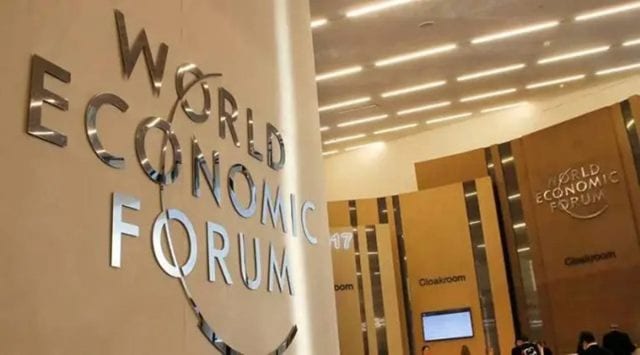India has been ranked 127th out of 146 countries in terms of gender parity, marking an improvement of eight places from last year, according to the World Economic Forum’s annual Gender Gap Report for 2023. In the 2022 edition of the report, India was ranked 135th out of 146 countries in the Global Gender Gap Index by the World Economic Forum. The report mentioned that India has seen a 1.4 percentage point improvement and moved up eight positions since the last edition, getting closer to its 2020 parity level. The country has achieved gender parity in enrollment across all levels of education. India has closed 64.3% of the overall gender gap, but it has only reached 36.7% parity in economic participation and opportunity. The report also compared India to its neighbors, with Pakistan at 142, Bangladesh at 59, China at 107, Nepal at 116, Sri Lanka at 115, and Bhutan at 103. Iceland has been ranked as the most gender-equal country for the 14th consecutive year, having closed more than 90% of its gender gap. Despite some progress in wage and income parity in India, the report highlighted a decrease in the representation of women in senior positions and technical roles. In terms of political empowerment, India has achieved 25.3% parity, with women holding 15.1% of parliamentarian positions, the highest level since the inaugural report in 2006. Additionally, 18 countries, including Bolivia, India, and France, have achieved women’s representation of over 40% in local governance out of 117 countries with available data since 2017. The report also mentioned that India has seen a 1.9 percentage point improvement in sex ratio at birth, driving up parity after a decade of slow progress. The Southern Asian region has achieved 63.4% gender parity, the second-lowest among eight regions. Progress in South Asia has risen by 1.1 percentage points since the last edition, partly due to improvements in populous countries like India, Pakistan, and Bangladesh. The report highlighted that while gender parity globally has returned to pre-Covid levels, progress has slowed down due to converging crises. It will take 131 years to close the overall gender gap, with economic parity expected in 169 years and political parity in 162 years at the current rate of progress. The report stressed the importance of not losing momentum on women’s economic participation and opportunity for a full economic rebound. The Global Gender Gap Report, in its 17th edition, tracks progress on closing gender-based gaps in economic participation and opportunity, educational attainment, health and survival, and political empowerment since 2006. It also examines the impact of recent global shocks on the gender gap crisis in the labor market.





+ There are no comments
Add yours